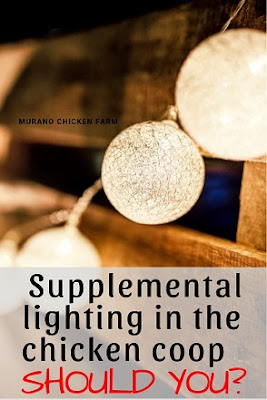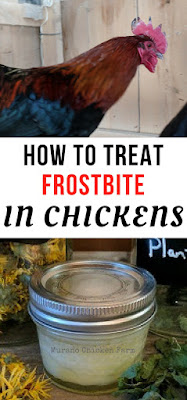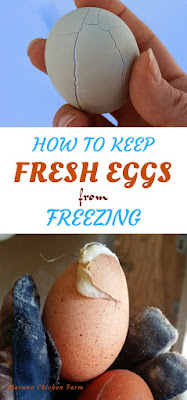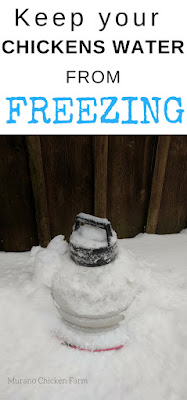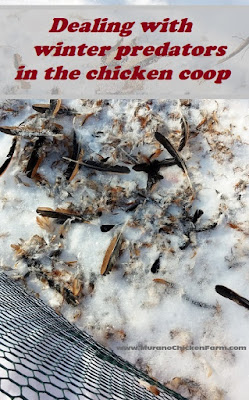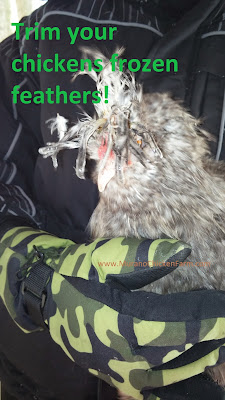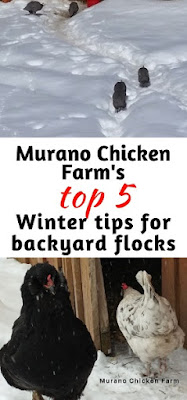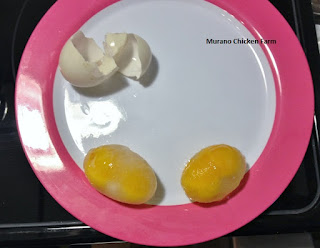A few weeks ago I saw something on tick tock that did not sounded interesting to me. Somebody was claiming that if you put a little bit of beet juice in your chicken's waterer, that it wouldn't freeze in winter! Now I found this pretty hard to believe and actually reached out to ask questions but never got any answers.
So I decided to experiment on this myself.
For the last few weeks I have been adding beet juice to all my non-heated font waterers just to see if it would actually keep the water from freezing. It didn't.
But then I started thinking about that saltwater thing people did about 8 years back. It didn't really work to keep water from freezing, but it did help it to take a little longer to freeze for some people.
So I decided to do an experiment using 2 bottles of plain water. One I left alone and the other I removed 1Tbs of water and replaced it with 1 Tbs of beet juice. I placed them outside on a day that was between 15° F and 20° F.
If it's colder or warmer when you use this obviously your solution will freeze faster or more slowly, so take that into account. I did this experiment to figure out precise expectations because this would be great to use in chicks water bottles because they do not have heaters available.


